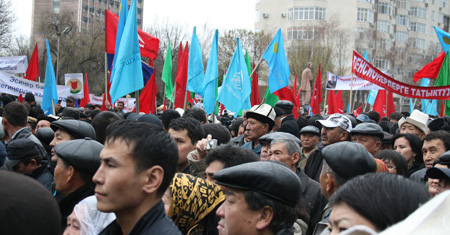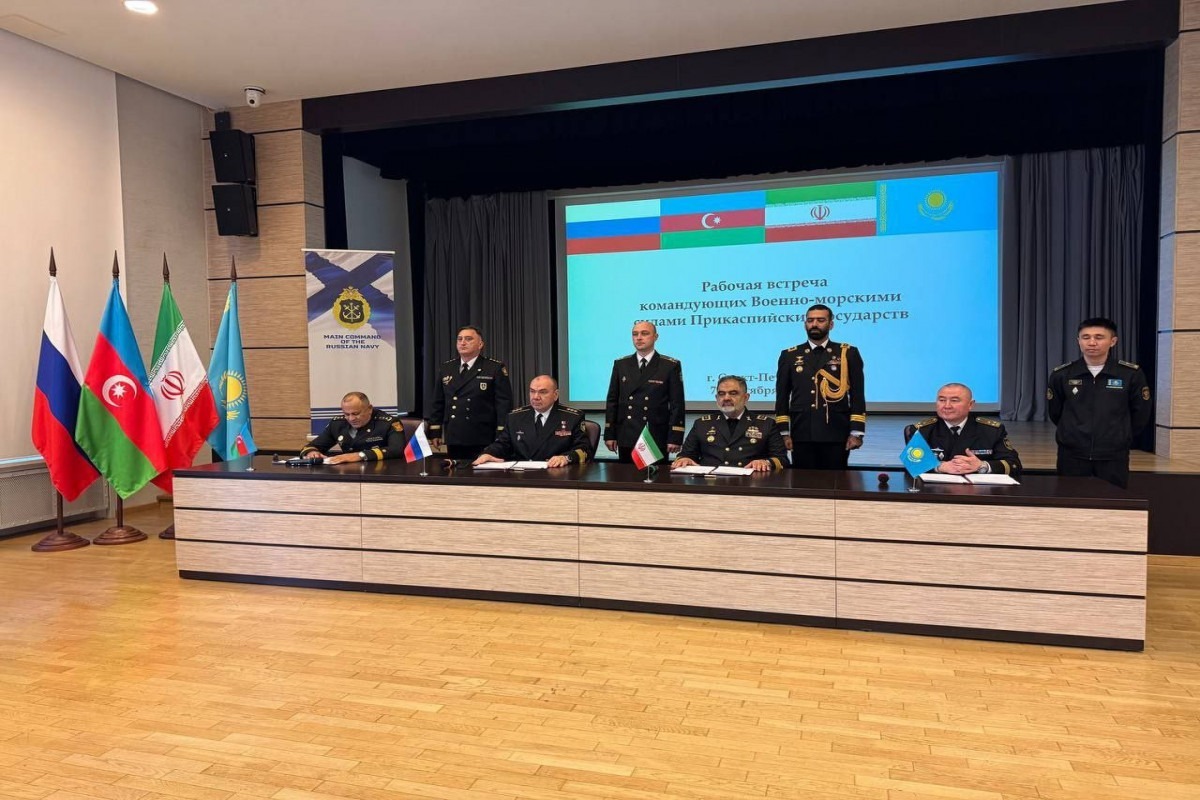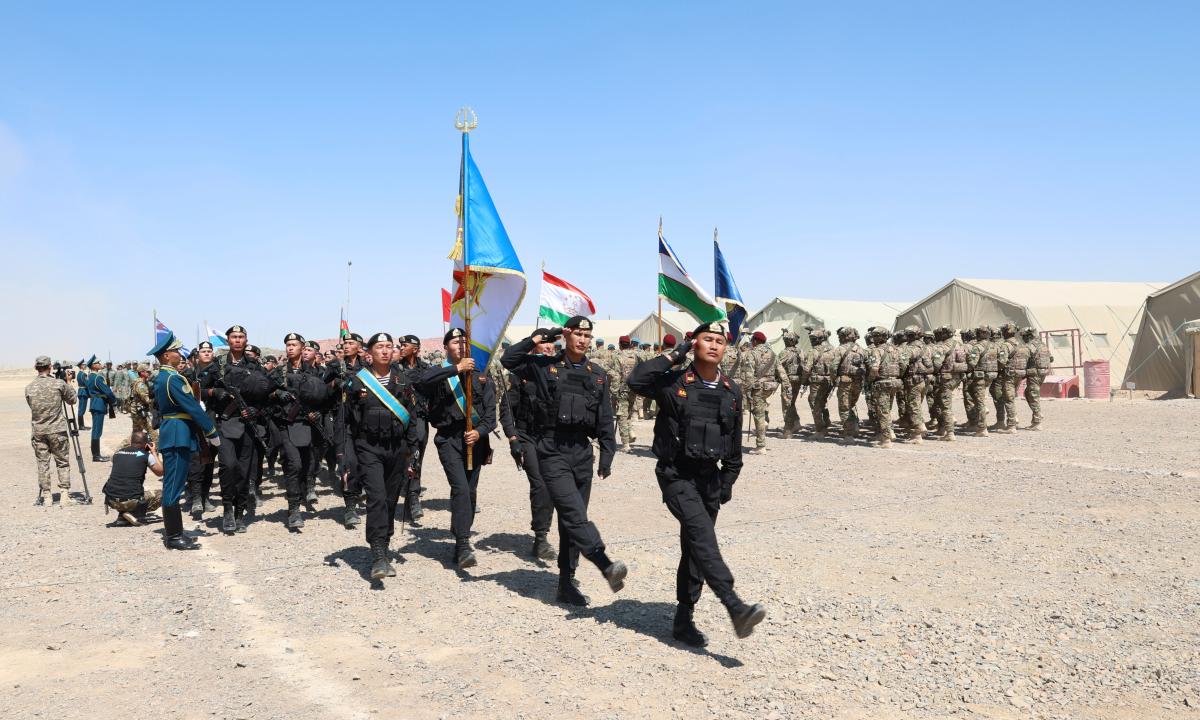
Ethno-Nationalist Slogans Penetrate Electoral Campaigns in Kyrgyzstan
Ethno-Nationalist Slogans Penetrate Electoral Campaigns in Kyrgyzstan
At a time when resources might be better spent on reconciling ethnic groups in Kyrgyzstan, some local politicians prefer to use inter-ethnic tension to boost their popularity. “The titular ethnicity should be titular, it cannot be lower than other ethnicities living in this country. Let them respect our traditions, language and history, only then people will live peacefully. But if any nationality in our country, Russian, Uzbek, Turkish or Chinese claim they are on a par with the Kyrgyz or above them, then the state will collapse,” stated Kamchybek Tashiev, a member of Ata Jurt Party, hoping to score additional support for his party during the October 10 parliamentary elections (www.fergana.ru, September 16).
Following the violence in Osh and Jalalabad in June, when over 400 people reportedly died and more than 400,000 were forced out of their homes, Tashiev’s sentiments are shared by some in Kyrgyzstan, especially those who think that the conflict has been unjustly reported by the international media. “According to what I know, the Uzbeks started the fight,” said one Kyrgyz entrepreneur condemning most media reports. Such views reflect the overall concern shared by some in the country that ethnic Kyrgyz causalities during ethnic clashes have not received proper attention.
Unlike Tashiev, other politicians have abstained from bluntly expressing their views on how they see future inter-ethnic reconciliation developing. Instead, Tashiev has acquired passive support. Informally, Tashiev was praised for participating in calming the protests in the south and for calling upon both Uzbeks and Kyrgyz people to address their concerns in a constructive manner rather than by resorting to violence. If Tashiev’s party secures sufficient support in the elections, he might gain a seat in the parliament as he ranks second in his party’s list. Politicians such as Tashiev are not fully aware of the differences between “titular” ethnicity and citizenship. The concept of “titular” nationality has been inherited from the Soviet era, when it had a positive connotation and most large ethnic groups were entitled to live under their own ethnic state. At the time, all states were treated as equal parts of the larger union. The leader of the Ata Meken Party, Omurbek Tekebayev, for instance, sporadically mentions the importance of civic rights, but he, like many other local politicians leaders, does not proactively confront his ethno-nationalist compatriots (www.fergana.ru, September 21).
The overall confusion with the “titular” ethnicity terminology prevents some in Kyrgyzstan from confronting Tashiev. That is why the silence concerning his views should not be taken as a sign of wider support. Partly in response to this conceptual ambiguity, some analysts have called for revising history to write a “true” account of how the Kyrgyz and Turkic nations developed (www.akipress.kg, September 22).
Overall, Kyrgyz politicians seem unable to draw a clear line between the perpetrators of the ethnic violence and those who were its unlucky victims. The absence of a credible investigation into the violence by an objective institution worsens these tensions. Rumors continue to spread across the country about how the violence began and who caused it. At this point, it seems that only local NGO’s and a few international organizations are currently engaged in the loosely coordinated reconciliation efforts.
The situation is further fueled by political leaders like Osh Mayor, Melis Myrzakhmatov, and local the Uzbek leader, Kadyzhan Batyrov. Both seek to boost ethno-nationalist sentiments among their respective ethnic groups and are believed to have played a key role in instigating the June violence. Both Myrzakhmatov and Batyrov speak to their support base –frustrated Kyrgyz who doubt the international portrayal of the conflict and those who think that the Kyrgyz should take responsibility for killing Uzbeks, as well as local Uzbeks who cannot rely upon the Kyrgyz government’s protection.
The June violence in Kyrgyzstan has shown that carefully designed civic-based leadership is the key to sustaining the country’s stability. Among all its leaders, the former President, Askar Akayev, saw the importance in separating civic rights from ethnic identities. However, Akayev’s ready-made templates like “Kyrgyzstan is our common home” aimed at endowing all ethnic groups with equal rights are long forgotten and no major political party deems it important to center their political campaign on ethnic reconciliation programs.
It remains to be seen whether parties like Ata Jurt will be able to gain wide support. If ethnocentric political programs prevail in the elections, reconciliation efforts might prove to be more difficult for both domestic and international actors.


